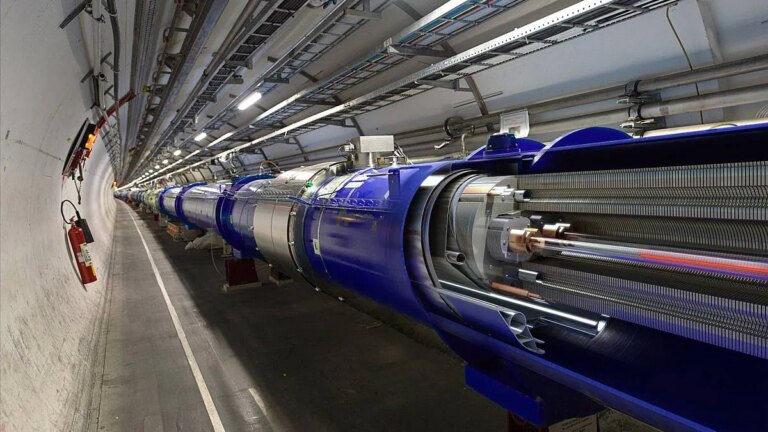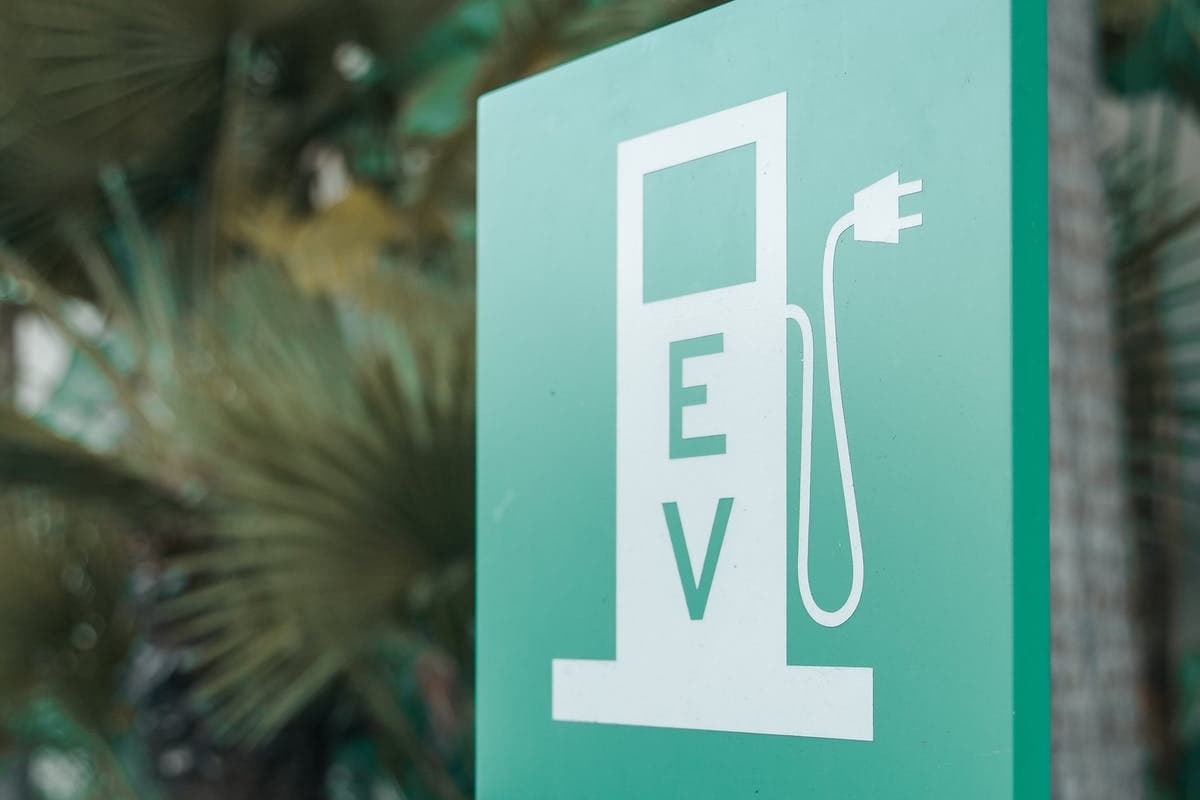Google Collaborates With Apollo to Bring AI-Powered Early Disease Screening to India
Google Health has announced a new collaboration with Apollo Radiology International for artificial intelligence (AI)-powered early disease screening in India. The announcement came during the company’s annual The Check Up event. Under this partnership, the tech giant will offer its AI stack for early disease screening to Apollo. The focus will be on three particular diseases — tuberculosis, lung cancer, and breast cancer. Notably, Google also announced that it is working with Fitbit to create a personal health-centric large language model (LLM), which will be powered by Gemini.
In a blog post, Shravya Shetty, Principal Engineer, Health AI, Google Health, said, “Radiology is one area where expertise is critical to patient outcomes, but there aren’t always enough radiologists to meet patients’ needs. This is a situation where AI can make a difference. Our newest collaboration with Apollo Radiology International in India is building on these AI advancements in healthcare and bringing them to communities across the country.” Under the partnership, Apollo Radiology International will provide three million free screenings in India in the next 10 years.
While Google Health and Apollo Group have partnered for years, the focus of this particular collaboration is to improve patient outcomes in India by delivering faster disease screening by leveraging AI. The tech giant is enabling Apollo Radiology International to develop AI-powered screening systems for tuberculosis, breast cancer, and lung cancer.
Explaining the reason behind deciding on these specific diseases, the post highlighted that more than 1.3 million people die from tuberculosis worldwide. Google also claimed that lung cancer was a leading cause of cancer death in India, and India’s rate of death from breast cancer was three times as high as the US. Google added that in most situations, an early detection of the disease can significantly improve the chances of survival.
However, as per the post, the main reason why early detection is difficult in India is because of the lack of trained radiologists to interpret the screening images at a fast rate. This causes delays in early detection. Further, they sometimes are not caught even after routine checkups as radiologists are not looking for the disease. Google said that this is where AI can step in and deploy its capabilities to detect diseases at scale.
Check out our Latest News and Follow us at Facebook
Original Source







